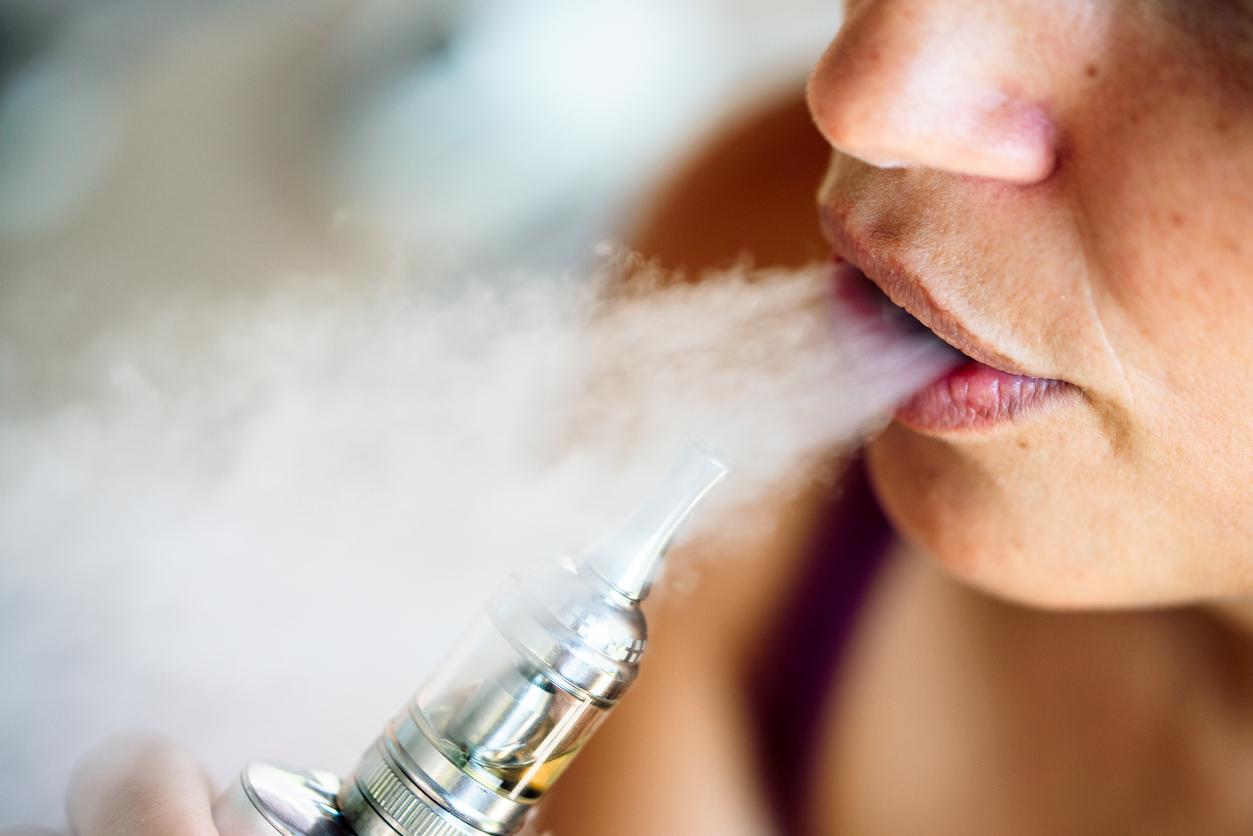Fans of electronic and conventional cigarettes are said to have similar levels of DNA damage, more than double what is seen in non-users.

- The tests showed similar levels of DNA damage between vapers and smokers: 2.6 times and 2.2 times higher, respectively, than those who don’t smoke at all.
- In terms of devices, vapers who used pods had the highest levels of DNA damage, followed by those who used mods.
- In terms of flavors, vapes with a sweet flavor were linked to the highest levels of DNA damage, followed by mint/menthol and fruit flavored vapes.
Electronic cigarettes have been presented in the past as a healthy alternative to conventional cigarettes. But research is increasingly linking vaping to many of the same life-threatening illnesses that affect smokers. As part of a new studypublished on February 14, 2023 in the journal Nicotine & Tobacco Researcha group of researchers from the Keck School of Medicine at the University of Southern California in the United States analyzed cells taken from the mouths of vapers, smokers and people who had never vaped or smoked.
They found that vapers and smokers had similar levels of DNA damage, more than double that seen in non-smokers and non-vapers. DNA damage was higher in those who vaped or smoked more frequently. It was also higher among vapers who used pods or electronic mods and among lovers of sweet, fruity, or minty flavors.
E-cigarette: the most popular devices and flavors are also the riskiest
“The most popular and consumed devices and flavors by young vapers, as well as adults, are those associated with the greatest number of DNA damages. Clearly, these findings have important implications , both for public health and regulatory agencies,” said Ahmad Besaratinia, a professor at the Keck School of Medicine and lead author of the study, in a communicated. DNA damage to buccal epithelial cells, which line the mouth, is an early change associated with increased risk for many types of chronic diseases, including cancer and inflammatory diseases.
This study is the first to clearly distinguish the DNA damage that occurs in vapers compared to smokers and to provide details on the risks vapers face based on how often they vape and the flavors and flavours. devices they use. “We designed our study to unravel the effects of vaping in e-cigarette users who were neither smokers nor dual users at any time in their lives”explains Ahmad Besaratinia.
Vaping is linked to alterations in gene expression
To obtain their results, the researchers recruited 72 healthy adults and divided them into three groups, matched by age, race and sex: current vapers (who had never smoked), current smokers ( who had never vaped) and people with no history of smoking or vaping. They checked the background of each participant using detailed questionnaires, interviews and biochemical tests to ensure that any effects observed could be directly linked to vaping or smoking.
The new study builds on previous work by Professor Besaratinia and his team, which showed that vaping is linked to alterations in gene expression, epigenetic changes and other biological changes involved in the development of diseases. The next task for the research team is to replicate these results in a larger group of participants. They also plan to study other biological effects due to DNA damage that are even more closely linked to the onset of chronic diseases.

















